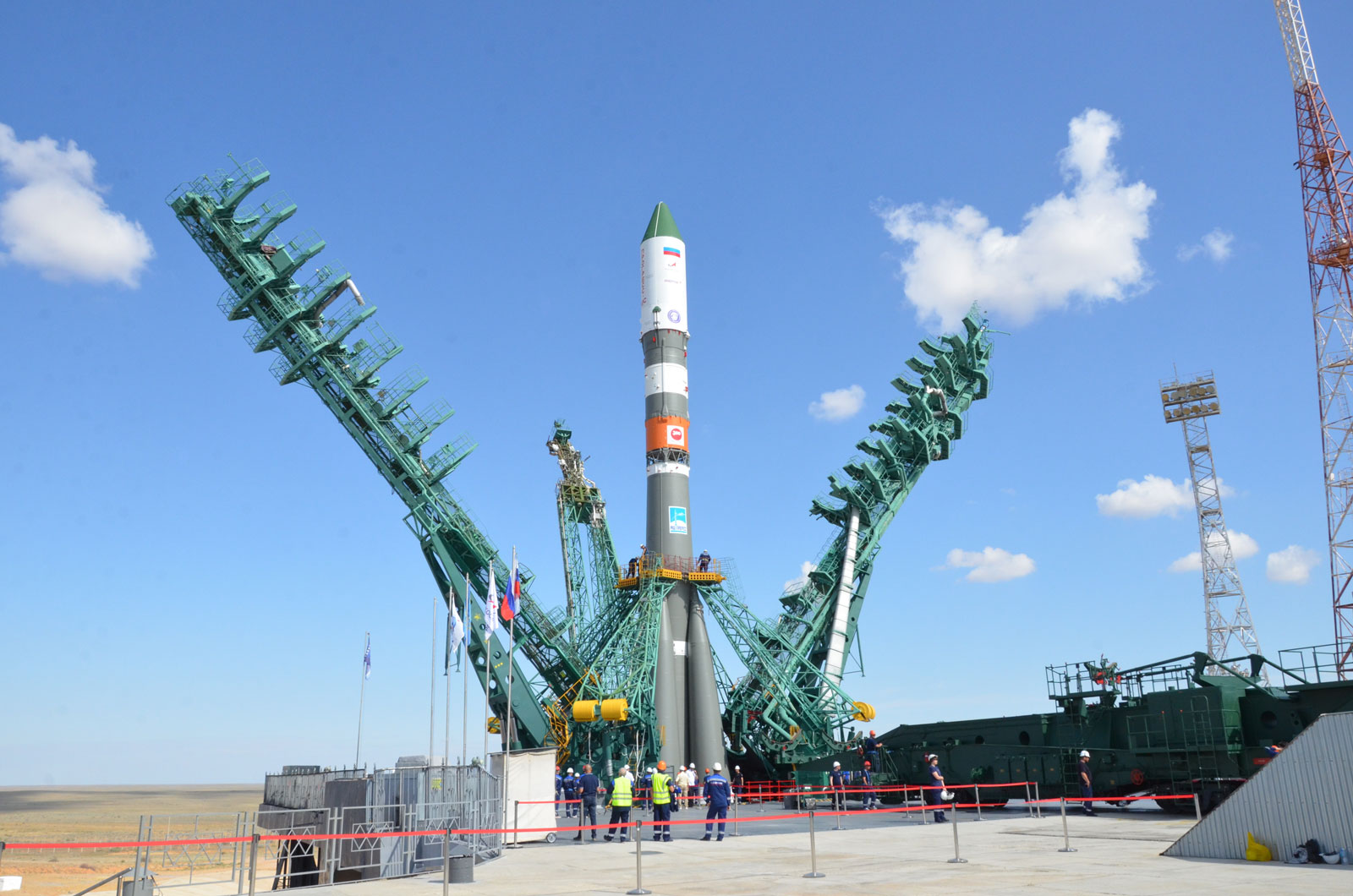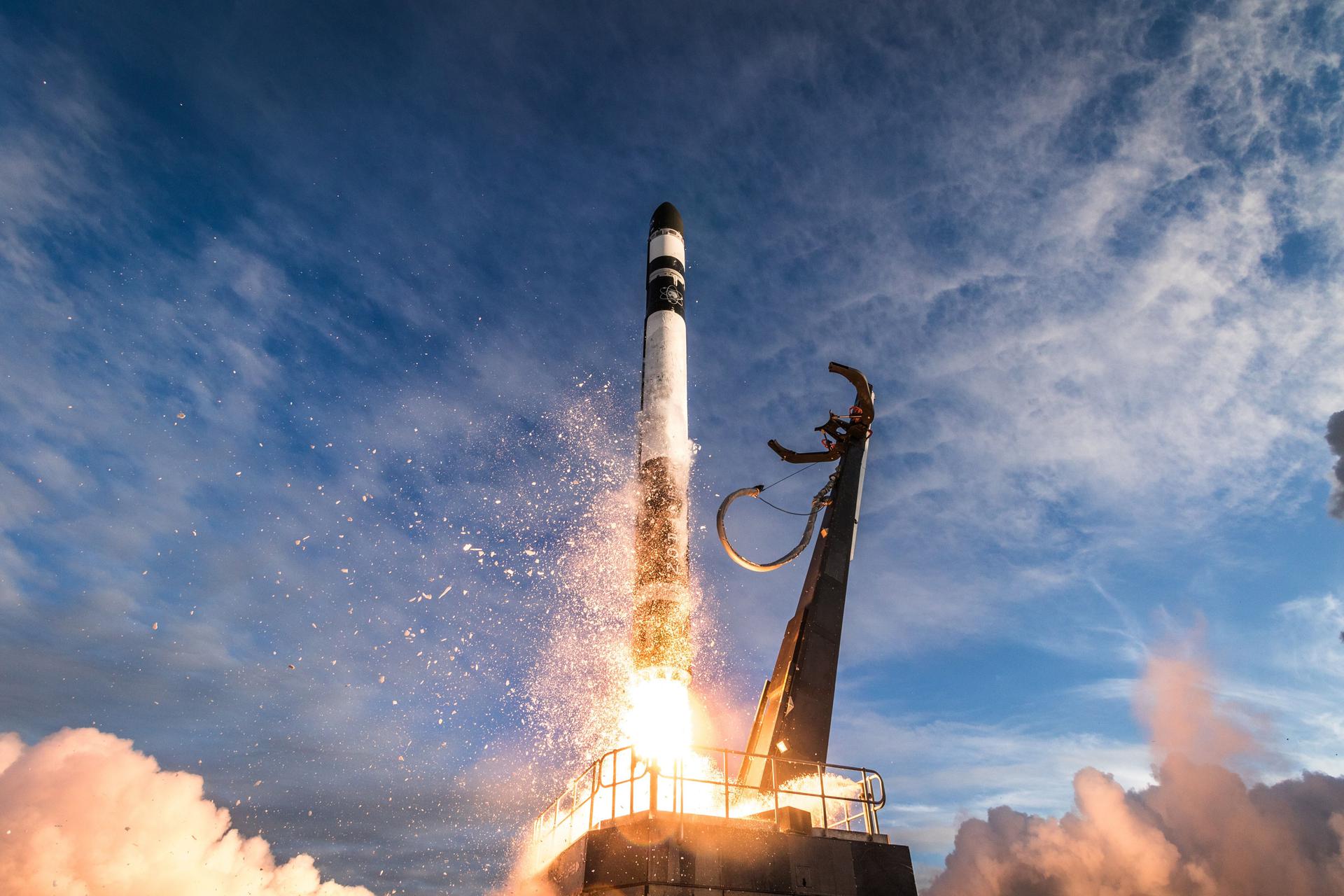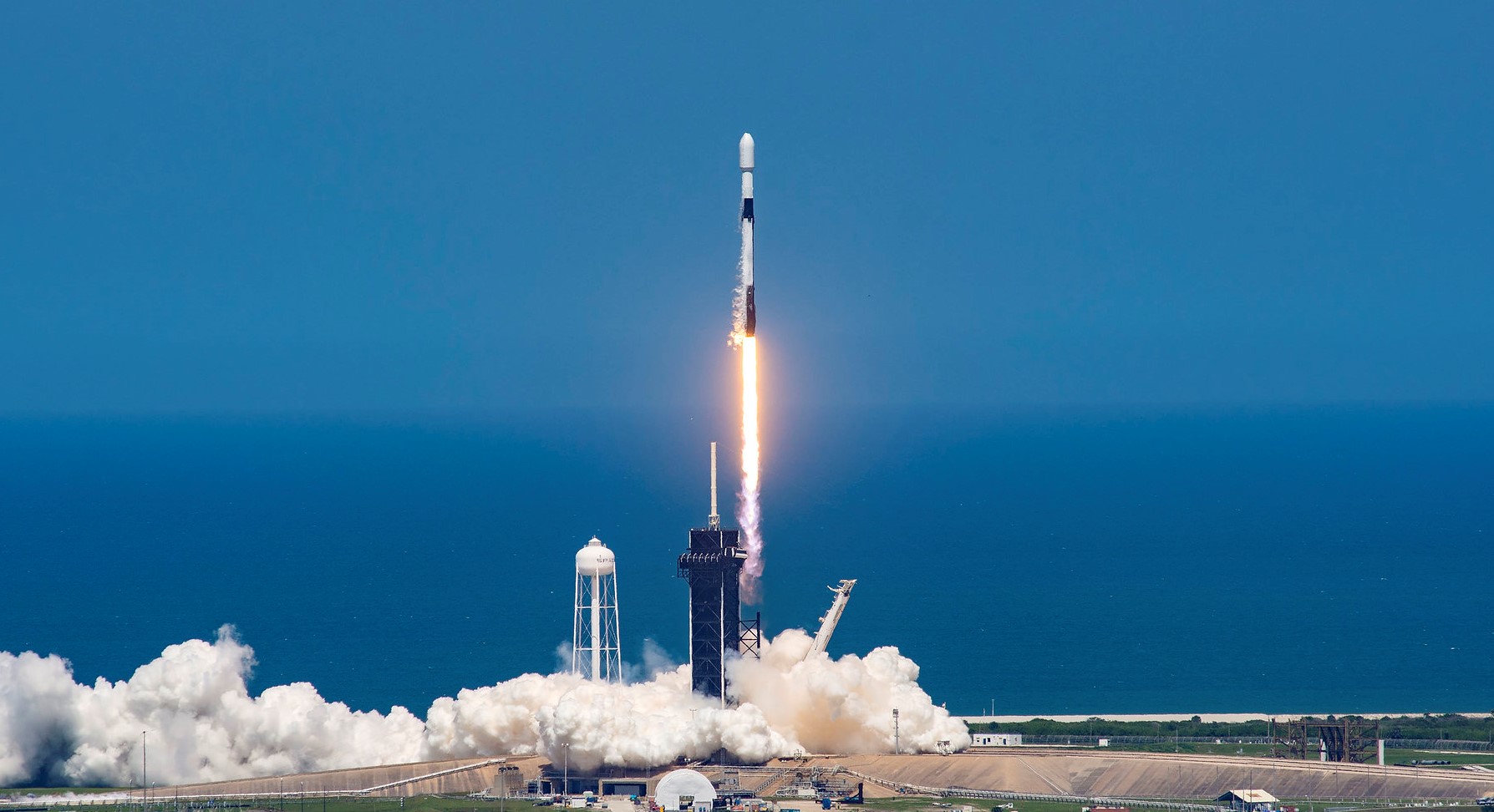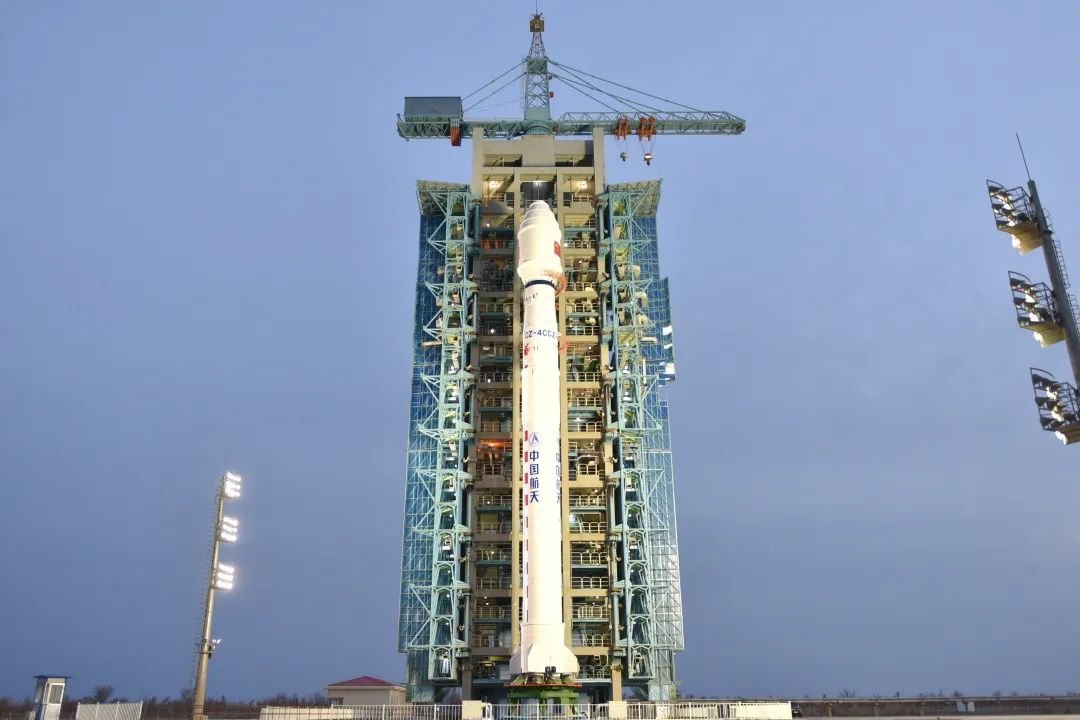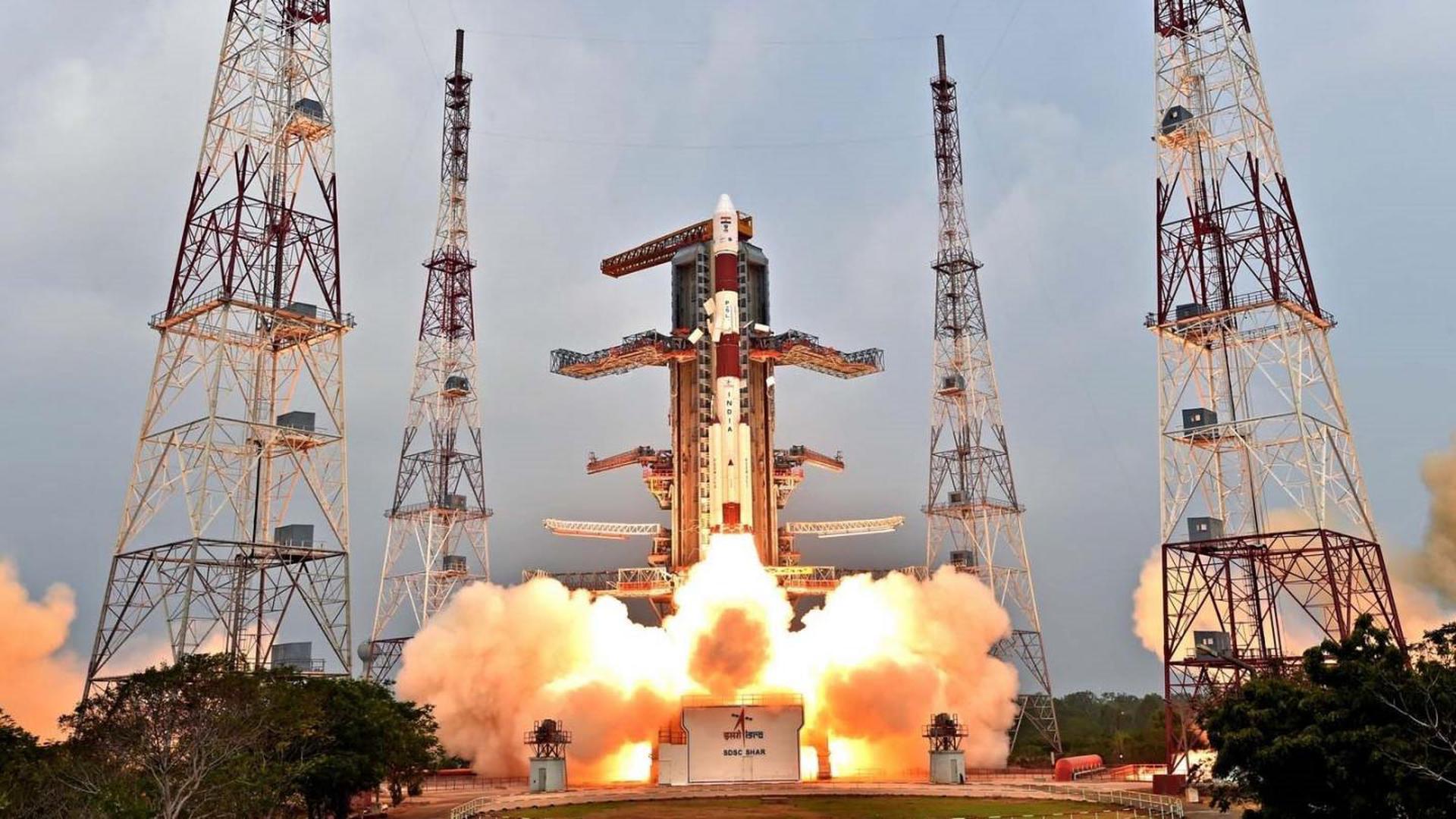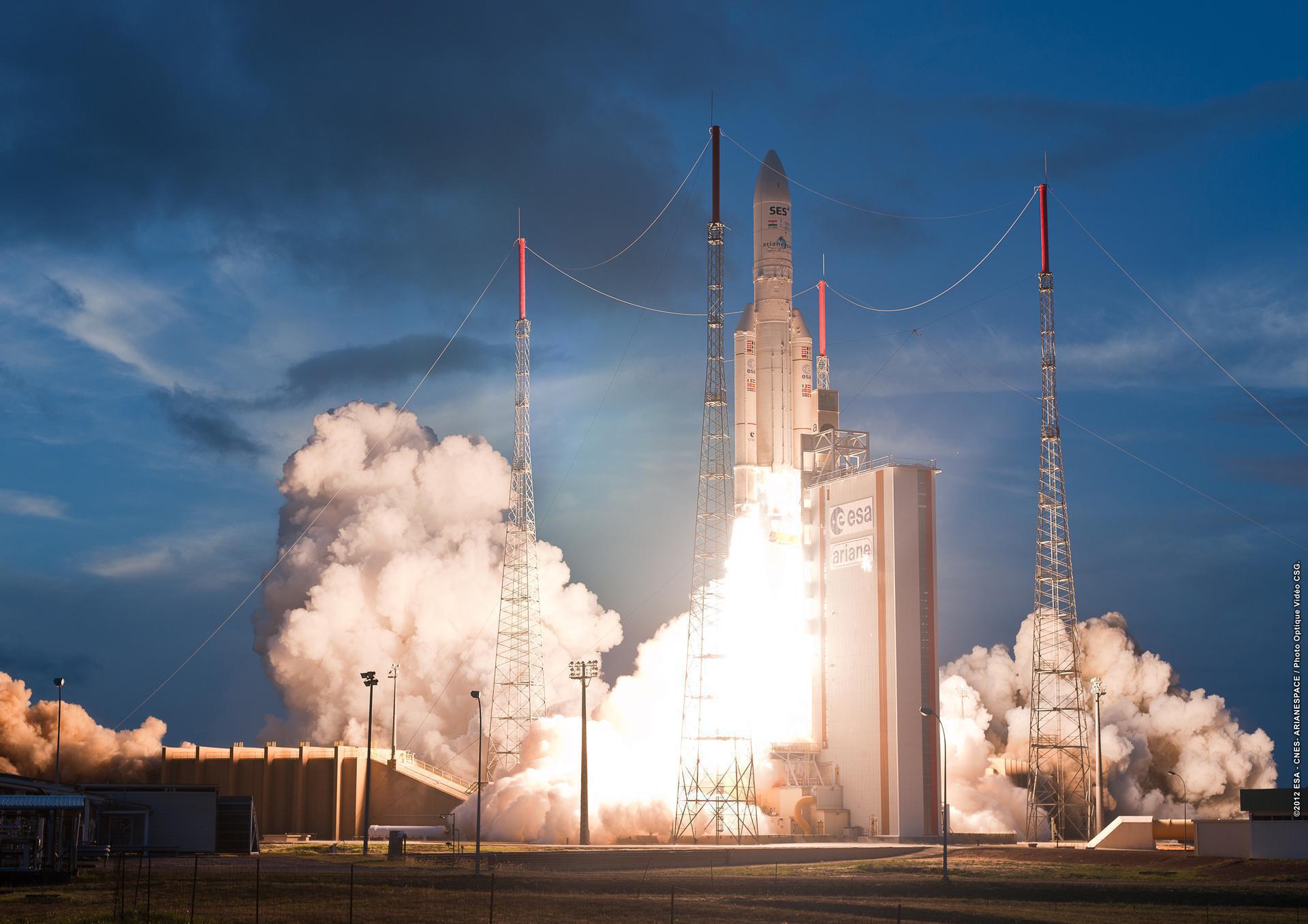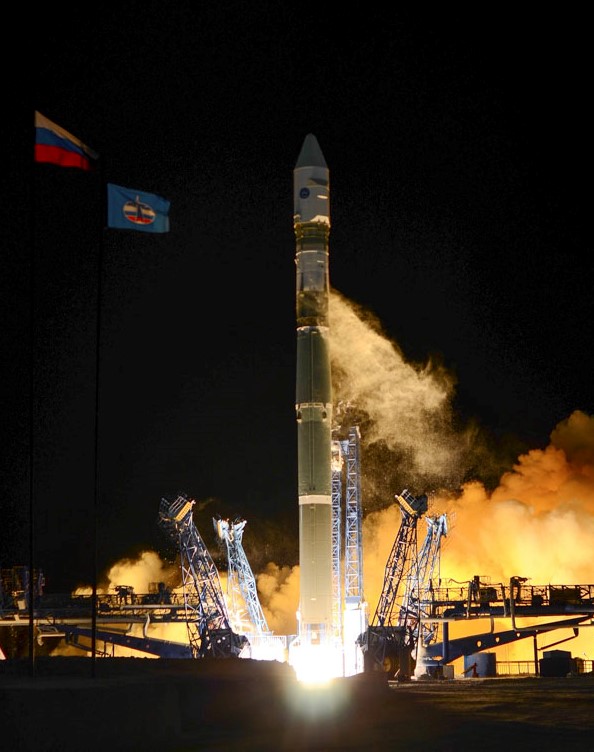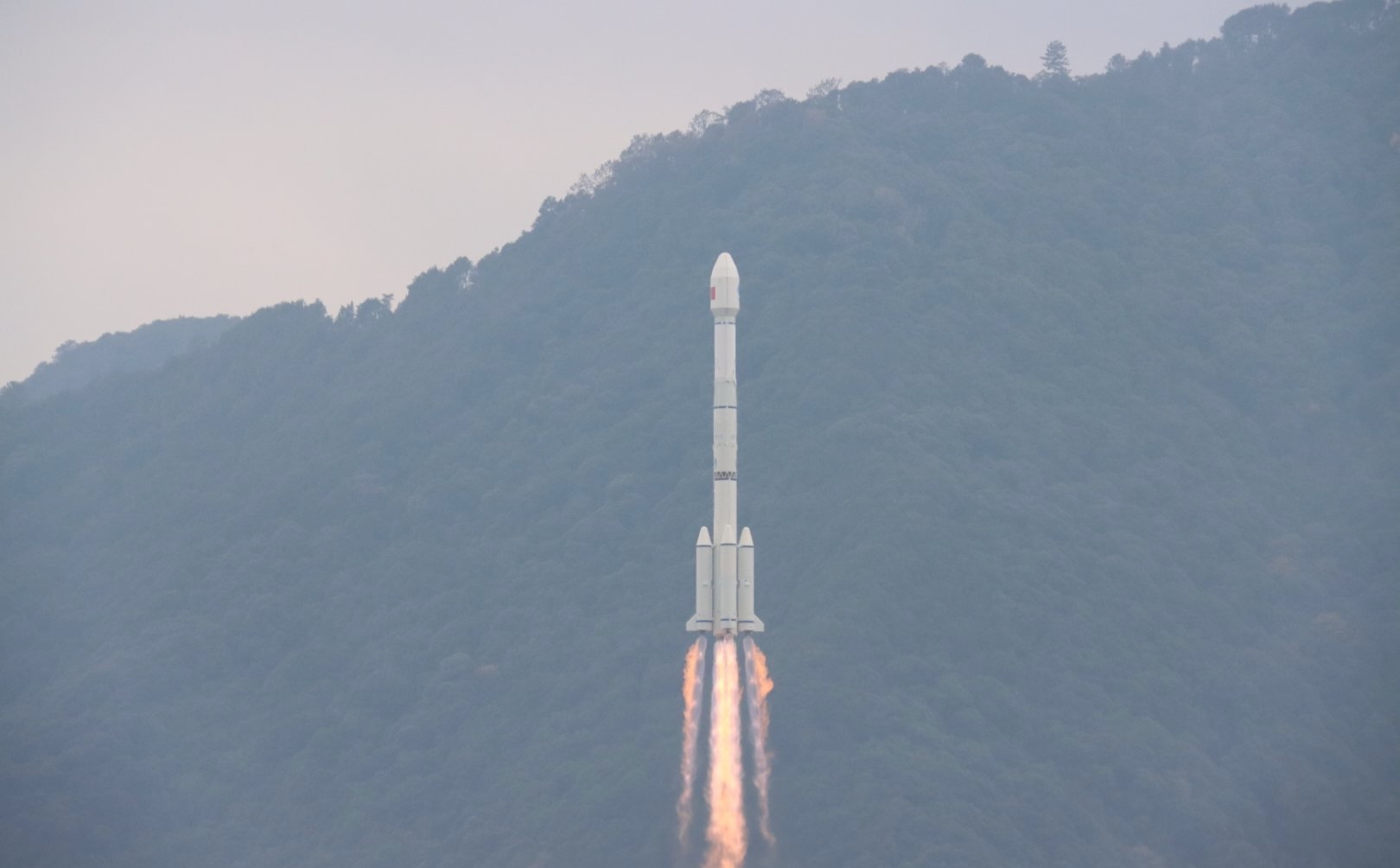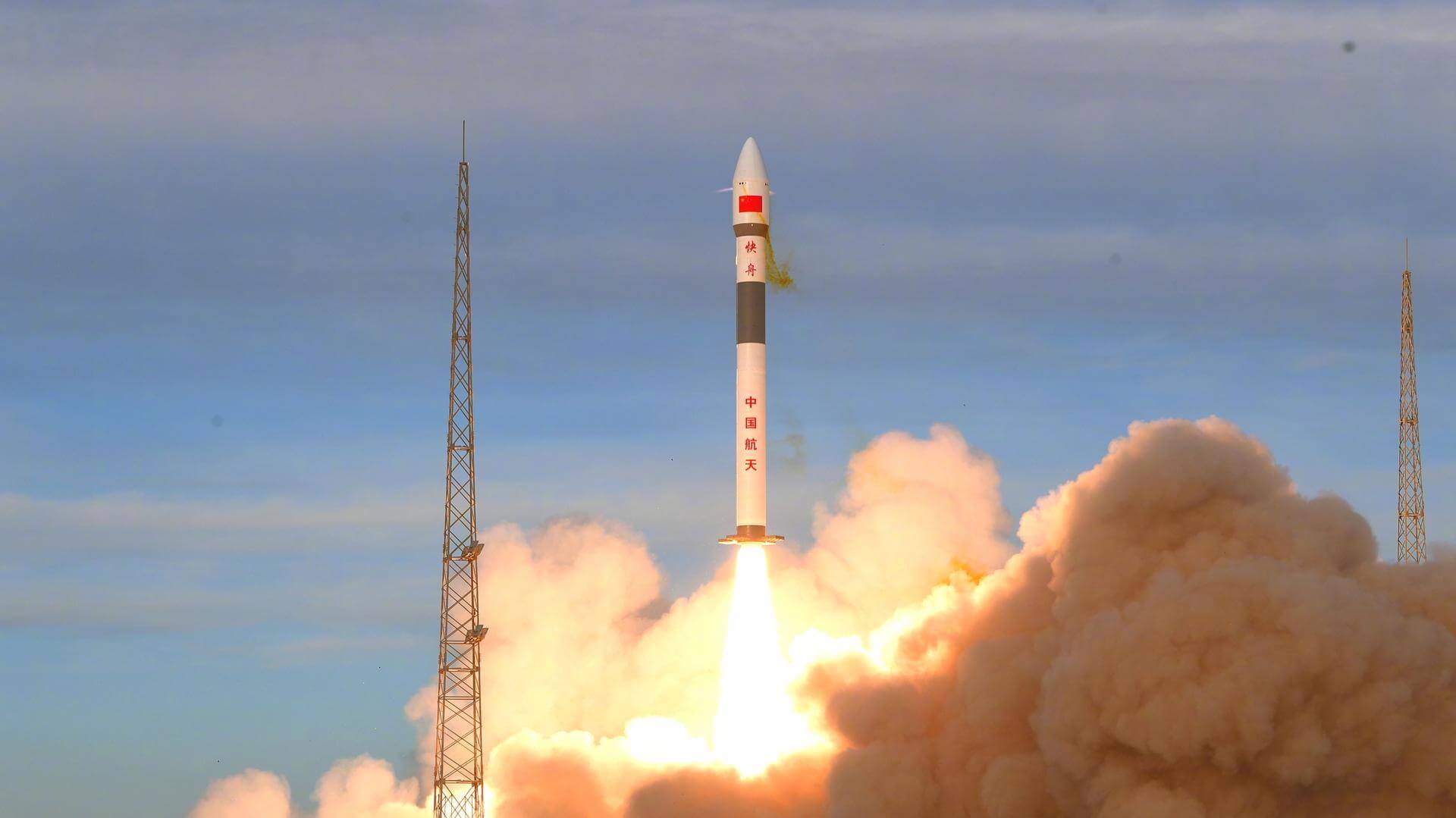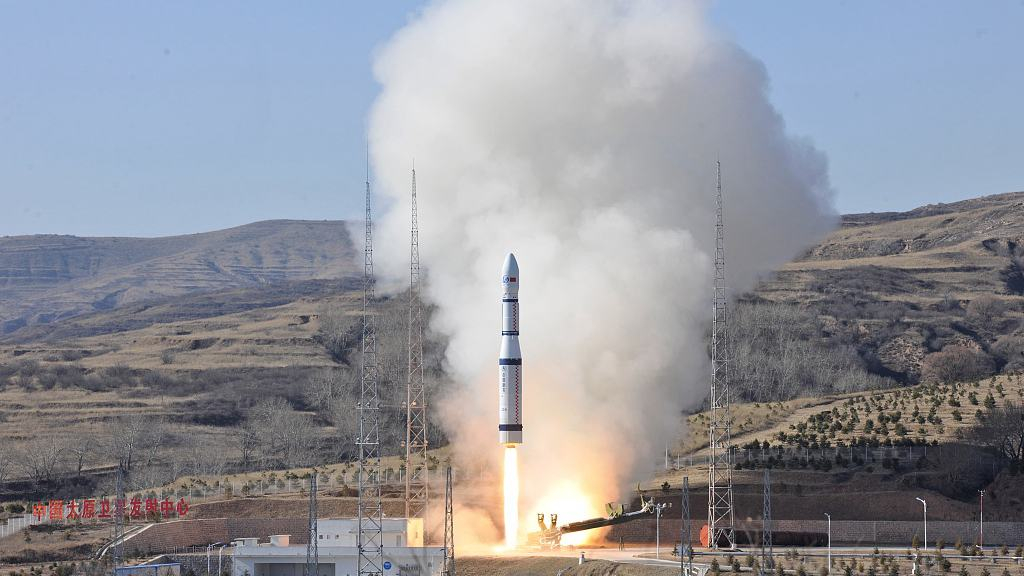Previous Spaceflight Launches
Filter by Agency, Locations or Vehicles
Show All LaunchesSoyuz 2.1a | Progress MS-13 (74P)
Progress Rocket Space Center | RussiaBaikonur Cosmodrome, Republic of Kazakhstan
Dec. 6, 2019, 9:34 a.m.
Status: Launch Successful
Mission:
The Progress resupply vehicle is an automated, unpiloted version of the Soyuz spacecraft that is used to bring supplies and fuel to the International Space Station. Progress MS-13 will deliver close to 2,480 kilograms of supplies to the ISS, including around 420 kilograms of water in the containers of the Rodnik system, around 50 kilograms of pressurized oxygen in tanks, around 650 kilograms of propellant for refueling and around 1,350 kilograms of dry cargo, such as food rations, hardware for life-support and flight control systems, hygiene and medical supplies. In addition, the crew was also scheduled to receive a new tread for the treadmill.
Low Earth OrbitElectron | Running Out Of Fingers (Rideshare)
Rocket Lab | United States of AmericaRocket Lab Launch Complex 1, Mahia Peninsula, New Zealand
Dec. 6, 2019, 8:18 a.m.
Status: Launch Successful
Mission:
This is the Rocket Lab's 10th flight. It carries several small satellites for international commercial customers. This is also the first flight to feature an upgraded first stage of the Electron rocket, which is now equipped with new hardware and sensors. After completing its mission, Electron's first stage will perform a guided atmospheric re-entry, gathering data necessary for the development of Rocket Lab's reusability program.
Low Earth OrbitFalcon 9 Block 5 | SpX CRS-19
SpaceX | United States of AmericaCape Canaveral SFS, FL, USA
Dec. 5, 2019, 5:29 p.m.
Status: Launch Successful
Mission:
SpaceX launched the Dragon spacecraft on their 19th operational cargo delivery mission to the International Space Station. The flight was conducted under the Commercial Resupply Services contract with NASA. Dragon was filled with approximately 5,700 pounds of supplies and payloads, including critical materials to directly support more than 250 science and research investigations that occur onboard the orbiting laboratory.
Low Earth Orbit B1059 - Maiden Flight Of Course I Still Love YouLong March 4C | Gaofen-12
China Aerospace Science and Technology Corporation | ChinaTaiyuan Satellite Launch Center, People's Republic of China
Nov. 27, 2019, 11:52 p.m.
Status: Launch Successful
Mission:
Gaofen is a series of civilian Earth observation satellites developed and launched for the China High-definition Earth Observation System (CHEOS), a state-sponsored programme aimed to develop a near-real time, all-weather, global surveillance network consisting of satellite, near-space (stratosphere) airships, and aerial observation platforms.
PSLV-XL | Cartosat-3 & others
Indian Space Research Organization | IndiaSatish Dhawan Space Centre, India
Nov. 27, 2019, 3:58 a.m.
Status: Launch Successful
Mission:
Cartosat-3 is an advanced remote sensing satellite with high resolution imaging capability developed by ISRO. It's designed as a follow-on to the Cartosat-2 series. Many new technologies/elements were developed for it like highly agile structural platform, payload platform, higher rate data handling and transmission systems, advanced onboard computer and new power electronics, dual gimbal antenna, etc. This mission also carries 13 rideshare payloads, including 12 SuperDove cubesats and a technology demonstration Meshbed cubesat.
Sun-Synchronous OrbitAriane 5 ECA | TIBA-1 & Inmarsat-5 F5 (Global Xpress-5)
ArianeGroup | FranceGuiana Space Centre, French Guiana
Nov. 26, 2019, 9:23 p.m.
Status: Launch Successful
Mission:
TIBA-1 is a geostationary communications satellite for the Government of Egypt developed jointly by Thales Alenia Space (TAS) and Airbus. TAS, the leading partner, designed and built the communications payload, featuring a dual mission in Ka-band for secure and broadband communications. Airbus Defence and Space supplied the Eurostar E3000 platform and assembled and tested the spacecraft. Designed to remain in service in orbit for more than 15 years, TIBA-1 will have a launch mass of 5600 kg and an electric power capability of higher than 9 kW. Inmarsat-5 F5 (Global Xpress-5 or GX-5) is Inmarsat's very high throughput satellite (V-HTS), which will offer services covering the Middle East, Europe and the Indian sub-continent. The payload will be fully integrated into Inmarsat’s current Global Express high-speed network. Inmarsat-5 F5 satellite is based on Thales Alenia Space’s upgraded Spacebus 4000 B2 platform and will be fitted with 72 Ka-band beams. With a specified design life of 16 years, it will weigh 4007 kg at launch and will offer payload power of about 6.8 kW.
Geostationary Transfer Orbit #VA250Soyuz 2.1v/Volga | Kosmos 2542
Progress Rocket Space Center | RussiaPlesetsk Cosmodrome, Russian Federation
Nov. 25, 2019, 5:52 p.m.
Long March 3B/YZ-1 | Beidou-3 M21 & M22
China Aerospace Science and Technology Corporation | ChinaXichang Satellite Launch Center, People's Republic of China
Nov. 23, 2019, 12:55 a.m.
Kuaizhou 1A | KL-Alpha
ExPace | ChinaJiuquan Satellite Launch Center, People's Republic of China
Nov. 17, 2019, 10 a.m.
Long March 6 | Ningxia 1 (x5)
China Aerospace Science and Technology Corporation | ChinaTaiyuan Satellite Launch Center, People's Republic of China
Nov. 13, 2019, 6:35 a.m.
